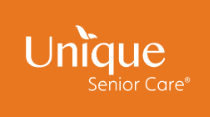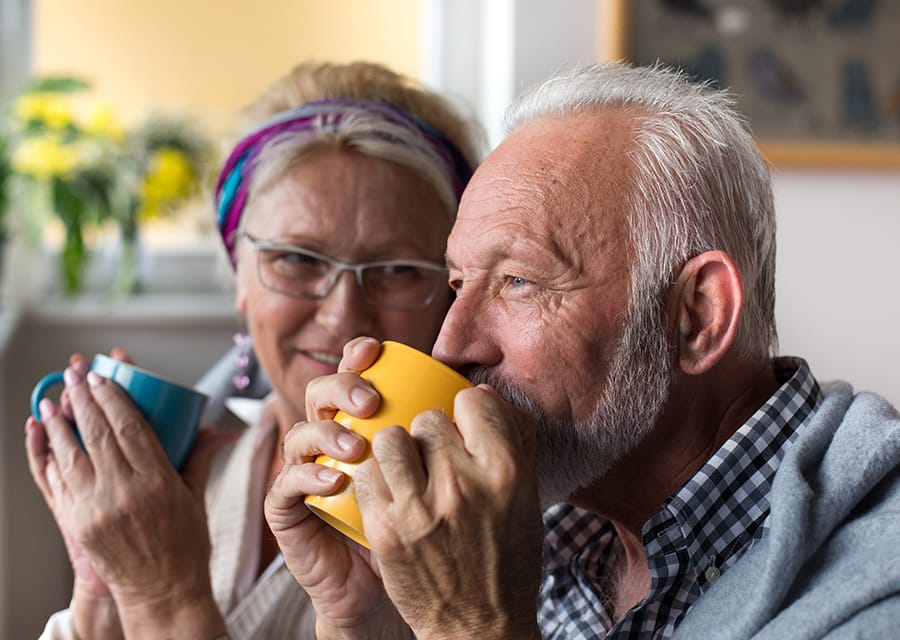In our recent webinar, our Learning and Development Manager, Jo Cleary, focused on a really important topic – safeguarding vulnerable adults. Whether you’re a family member, a Caregiver, or a professional in the care industry, understanding how to protect those who might not always be able to protect themselves is paramount.
Throughout the webinar, we explored different types of abuse, how to spot warning signs, and the appropriate steps to take if you’re worried about someone. These topics, though challenging, are crucial for ensuring safety and well-being.
In this blog post, we’ll share key insights from the webinar, addressing the most common questions people have when it comes to keeping vulnerable adults safe.
What Exactly is Safeguarding in the Context of Vulnerable Adults?
Safeguarding is the process of keeping vulnerable people safe from harm. This includes monitoring for any form of abuse or neglect and taking action to prevent it. This could include physical, emotional, financial, sexual or neglect, including self-neglect. These are the most common types of abuse, however, there are other types such as cuckooing, mate hate, modern slavery and many more. Safeguarding is crucial in all care settings, whether that be homes, care centres or hospitals to ensure the health, well-being and rights of everyone are respected and protected.
Our commitment at Unique Senior Care is steadfast. We train our staff thoroughly to recognise any signs of abuse or neglect, enabling them to respond quickly and ensure the safety and security of our clients.
How Can I Recognise the Signs of Abuse or Neglect?
Knowing the signs of abuse and neglect is really important. Physical abuse could show up as unexplained bruises or injuries. Emotional abuse might not be as easy to spot, but look out for changes in someone’s mood or behaviour. For example, they might be quieter or seem scared. Financial abuse can include unexpected bank activity or missing items. Neglect, and self-neglect, can look like not keeping clean, not eating properly, or living in a place that isn’t safe. It’s important to trust your instincts; if something seems wrong, it’s worth checking.
What Steps Should I Take if I Suspect Abuse?
If you think someone might be facing abuse or neglect, whether you’re a professional caregiver or a worried family member, it’s crucial you do something about it. Let someone know, like a supervisor, manager, or even the local authorities. Write down what you’ve seen or noticed, be there for the person who might be affected, and make sure you know how to report what you’ve seen. Always handle these situations gently and keep things private. Remember, by taking action, you could make a big difference in someone’s life.
How Does Unique Senior Care Train Staff in Safeguarding?
We take our staff’s training in safeguarding very seriously. Our comprehensive program covers recognising different forms of abuse, developing keen observation skills and communicating effectively and empathetically. We also provide ongoing education and real-life scenarios in our training to ensure our team is well-equipped to create a safe and supportive environment for all in our care.
What Role Do Families Play in Safeguarding?
Our caregiving team works hand in hand with families, forming a caring circle around those we look after. Together, we bring a mix of family insights and our professional care expertise to spot any early signs of potential abuse or neglect. This partnership is at the heart of our approach, helping us detect issues early and provide timely, effective care.
Resources for Further Support and Information:
In addition to the insights shared in our webinar, we have compiled a list of resources that can provide further support and information on safeguarding vulnerable adults:
Local Government Association: Offers guidance on working with carers and the importance of assessments for safeguarding.
Carers UK: Provides support and advice for carers, including financial and practical support and health and wellbeing advice.
NHS England Safeguarding: Protects children, young people, and adults in communities and offers resources for healthcare professionals.
NHS Support and Benefits for Carers: Includes information on carer’s assessments, support from local councils, respite care, and help for young carers.
NICE Guidance for Safeguarding Adults in Care Homes: Focuses on keeping adults in care homes safe from abuse and neglect.
Local Government Association – Safeguarding Resources: Provides resources for Safeguarding Adults Boards and information for directors of adult social services.
Skills for Care: Offers resources on regulated professions, workforce intelligence, and safeguarding in social care.
Office of the Public Guardian – Safeguarding Policy: Focuses on protecting adults at risk of abuse or neglect.
For immediate assistance:
Emergency Services (999): For emergencies where there is a risk to life or serious injury. Dial 999.
Non-Emergency Police (101): For non-emergency situations requiring police assistance. Dial 101.
NHS 111: For non-emergency medical advice. Dial 111.
Additionally, NHS England provides guidance on what to do if you suspect abuse or neglect.
Watch the Full Webinar
Safeguarding vulnerable adults is a shared responsibility and we’re dedicated to continual learning and improvement in this vital area. For more information or guidance on safeguarding, please get in touch with us.
For a more in-depth understanding of the principles of effective safeguarding, you can watch Jo Cleary’s full webinar on YouTube:
With a background spanning over two decades in the field of marketing, I have had the privilege of working across diverse industries, ranging from insurance to sports, technology, and health & well-being.
While my previous experience did not directly involve care services, I have acquired a deep understanding of the sector’s needs and challenges through my wife. For the past eight years, she has been dedicated to providing the highest level of support to her clients as a compassionate caregiver.
Witnessing the profound impact that committed caregivers have on their clients’ lives when the opportunity arose to join the esteemed team at Unique Senior Care, it was an easy decision for me to make.
During my free time, you may find me leisurely strolling across fields with a metal detector in hand, eagerly exploring the possibility of unearthing hidden treasures. Alternatively, I love nothing better than making the most of our National Trust membership and cherishing precious moments spent with my family.
I am genuinely thrilled to be a part of the Unique Senior Care team, where I can bring my expertise to the table and share a sincere passion for enhancing the lives of those we serve.






